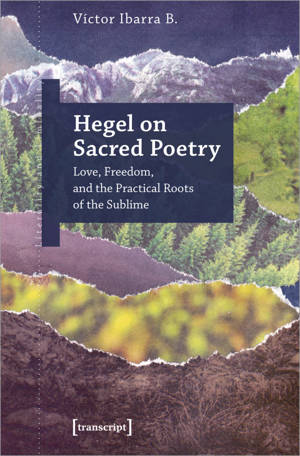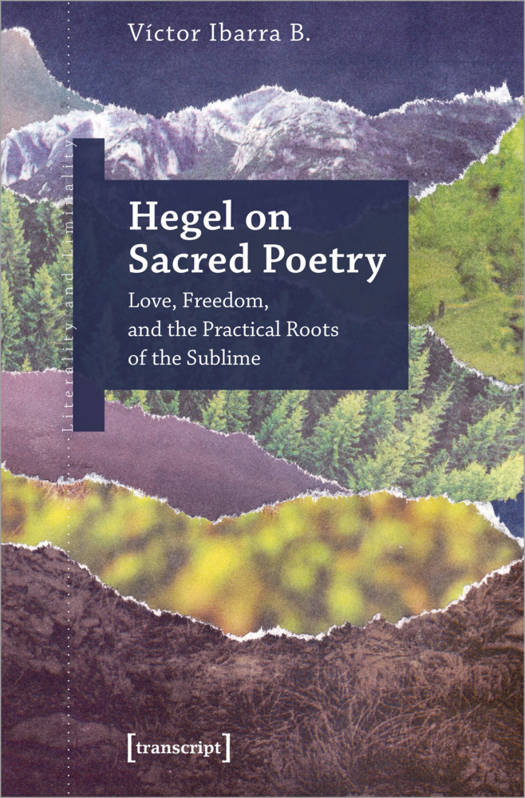
- Afhalen na 1 uur in een winkel met voorraad
- Gratis thuislevering in België vanaf € 30
- Ruim aanbod met 7 miljoen producten
- Afhalen na 1 uur in een winkel met voorraad
- Gratis thuislevering in België vanaf € 30
- Ruim aanbod met 7 miljoen producten
Zoeken
€ 93,45
+ 186 punten
Omschrijving
In his aesthetic reflections, Hegel identifies the Judaic Psalms, which he calls sacred poetry, as the core of the sublime. While it has often been suggested that Hegel showed little interest in the notion of sublimity, Ibarra B. contends that this interpretation is misleading and warrants further elucidation. Introducing a new perspective, he argues that a careful examination of Hegel's remarks on sacred poetry reveals a critique of the notion of agency as depicted in the Psalms. By revisiting Hegel's early works predating 1800 and his dispute with Kant's concept of freedom, this studyoffers a practical account of Hegel's view on sublime art within the framework of his philosophy of love.
Specificaties
Betrokkenen
- Auteur(s):
- Uitgeverij:
Inhoud
- Aantal bladzijden:
- 234
- Taal:
- Engels
- Reeks:
- Reeksnummer:
- nr. 35
Eigenschappen
- Productcode (EAN):
- 9783837674149
- Verschijningsdatum:
- 28/01/2025
- Uitvoering:
- Paperback
- Formaat:
- Trade paperback (VS)
- Afmetingen:
- 152 mm x 229 mm
- Gewicht:
- 317 g

Alleen bij Standaard Boekhandel
+ 186 punten op je klantenkaart van Standaard Boekhandel
Beoordelingen
We publiceren alleen reviews die voldoen aan de voorwaarden voor reviews. Bekijk onze voorwaarden voor reviews.








